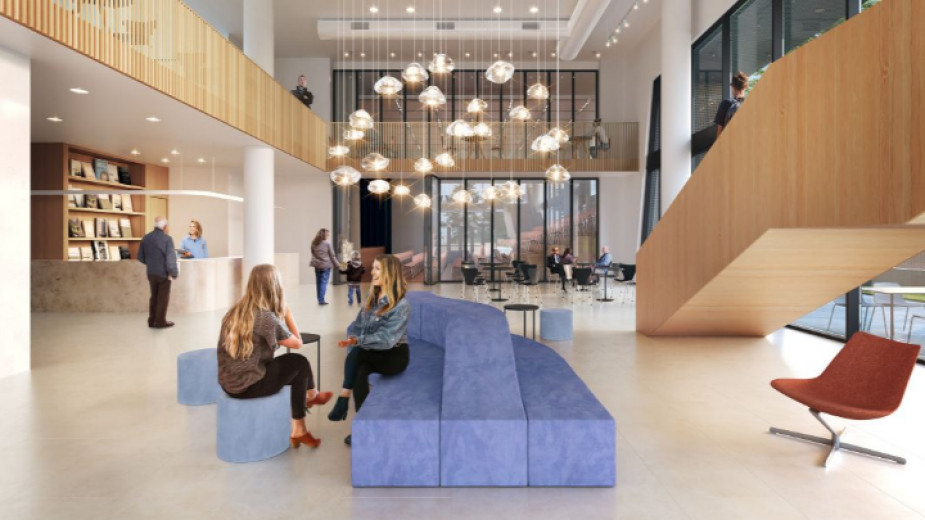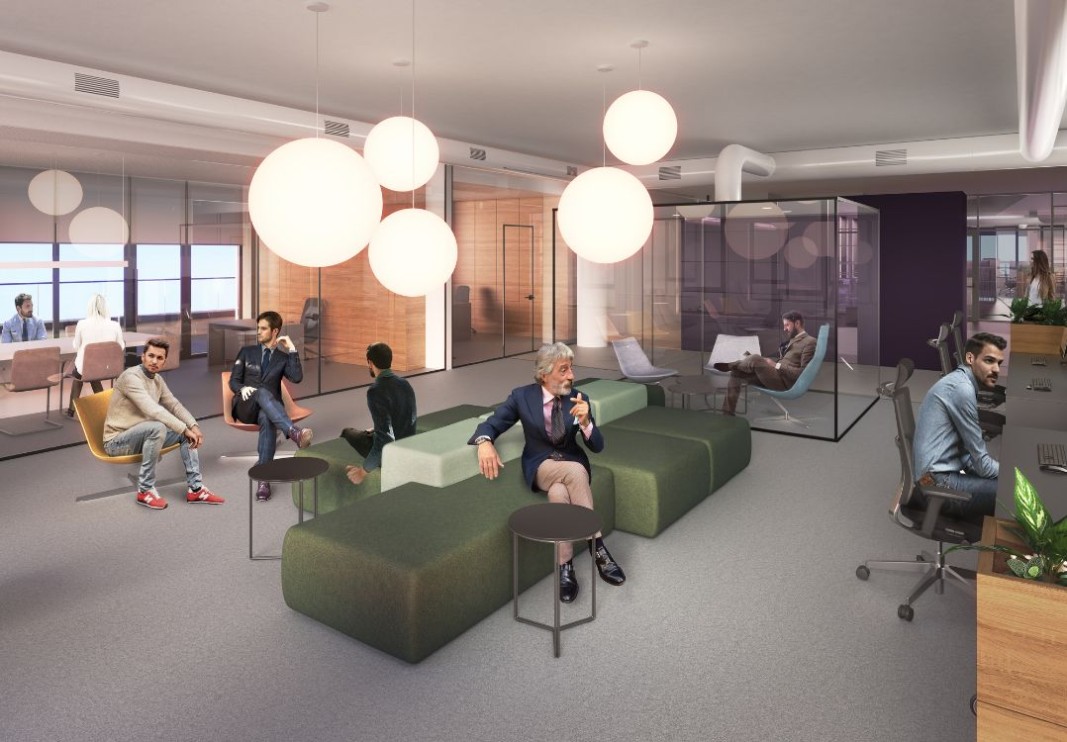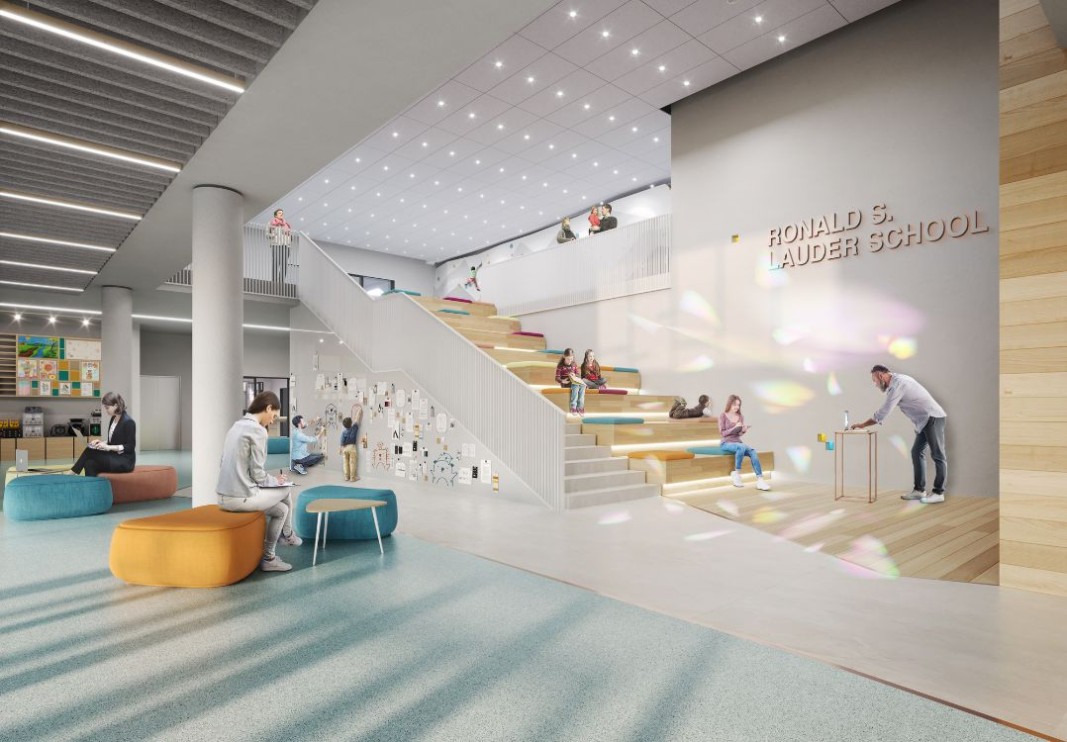 7
7
“In a place where there is no humanity: be human” goes a saying connected with the Jewish community and culture. There are no accurate data as to the number of Jews in Bulgaria, but according to the organization of Jews in Bulgaria Shalom, the Jewish community in the country comprises around 6,000 people.
The beautiful building of the Sofia synagogue rises in the centre of Sofia. In more recent times – in 1991 – conditions were created for the study of the Hebrew language at the Dimcho Debelyanov secondary school No. 134 in Sofia, to begin with as an optional subject. But several years later, a curriculum was approved whereby all children study Hebrew as a foreign language from first grade up. In 2019, a Jewish school opened doors in Sofia in a rented building. The Jewish community also have their own culture house and other property scattered around town, a fact that impedes the organization of cultural initiatives. 
That is the reason why efforts are now being made to create a new centre of culture and education to house the school and develop into a hub for all activities connected with education and with the preservation of Jewish culture in Bulgaria. All spaces in the building, which will open doors in 2025, are designed in such a way as to make them comfortable, multi-functional and open to the public, to the people who will be using them.
The culture and education facility, where more than 600 children aged 1-18 will attend the kindergarten and the school, will be located on the territory of the old Jewish quarter in the capital city. Absolutely everyone will have access to it – whatever their religion or beliefs. One of the reasons to build it is to “restore a piece of the Jewish education that used to exist in this country before World War II,” Shalom CEO Julia Dandolova says and adds:
“Many of the Jewish schools in Bulgaria were closed after the end of World War II, because 90% of the Jewish population had emigrated to Israel. From 50,000, no more than 5,000-6,000 Jews remained in the country. With the communist coup after the war private property was nationalized, including the Jewish property, and the Jewish schools closed because they that was not tolerated by the authorities at the time.”
There is one more reason why the Jewish community are founding this centre – so as to “open up” to all people in Sofia:
“It is very important to say that the Jewish community is creating this centre which we wouldn’t want to be isolated and turned into a centre that will only be for this community,” says Julia Dandolova. “It has always been well integrated in Bulgarian society and we have never felt any kind of divisions. That is why we are creating a two-storey library that will function as a hub of culture and knowledge, and not just for the members of the community but for the city of Sofia as well. We want to demonstrate that an educational institution can also serve as a home to many people, not just the teachers and students.”
The facility will house a library, a cultural centre, an administrative department with Shalom offices, and there will also be a kindergarten. Kindergartens have a problem with the inefficient use of large spaces, such as the sleeping areas. An interesting solution has been found to this problem: “We suggested beds which can be tucked away into platforms to be used as climbing frames,” explain the project architects, and point to one more communication element that means a lot to Jews:
“Besides books, food is really important to Jews because eating brings them together,” architect Maria Staynova says. “We built a direct connection between the kindergarten and the school dining room, which also has a training kitchen. So that alongside the older students who will be able to cook there, the younger children can also be there with the adults who can show them how to prepare different kinds of food.”

Even though it is such a big challenge, the project to create a Jewish community centre has brought a great many positive emotions – to the architects as well as to the people who have commissioned the job, and they all say they can’t wait to see the centre open doors and unite people.
Yoan Kolev
Translated and posted by Milena Daynova
Photos: Lusio Architects, 5A Architects
On the occasion of the upcoming National Holiday - March 3 and 147 years since the Liberation of Bulgaria from Ottoman rule, the Regional Library in the city of Yambol is conducting the campaign "Let's Read for Bulgaria". The goal is..
The Aviation Training Center at Sofia Airport has received accreditation from the Airports Council International (ACI) and joins the elite group of 21 training hubs, including those at leading European airports such as Munich,..
The Museum of the Bulgarian National Revival in Varna presents a collection of 15 authentic folk costumes from the collection of the Historical Museum in the town of Popovo. The valuable costumes are from the regions of Elhovo,..
The first Dalmatian Pelican of this season hatched a few days ago in the protected area Kalimok - Brushlen near the Danube town of Tutrakan, reports the..
On February 16, Radio Bulgaria celebrates its 89th anniversary . Throughout these years, our multilingual media has been not only a channel of information,..
More than 4,000 participants from 52 masquerade groups from all over the country will take part in the Jamala National Masquerade Festival in Kyustendil on..

+359 2 9336 661
